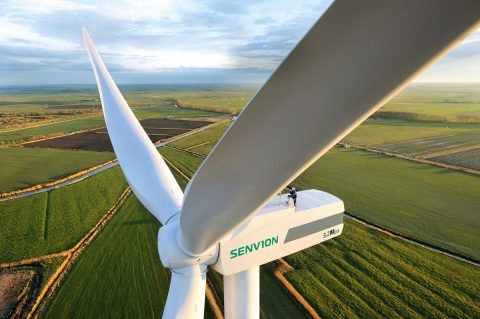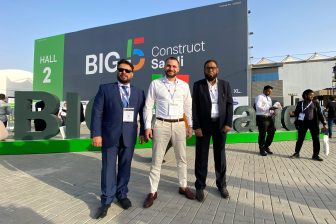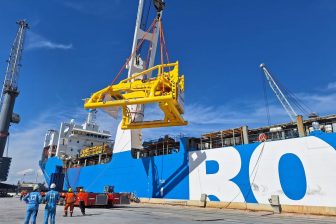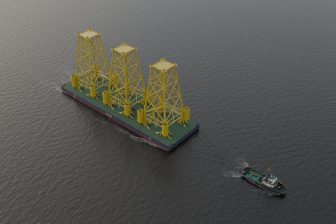
Siemens Gamesa to buy onshore wind business of insolvent Senvion
Siemens Gamesa will acquire the European onshore wind service business from Hamburg-based wind turbine manufacturer Senvion, which filed for insolvency earlier this year. The purchase agreement has a value of EUR 200 million and includes a blade manufacturing plant in Vagos, Portugal.
For Siemens Gamesa, the acquisition helps to diversify its business mix and geographical exposure with long-term contracts and historically high renewal rates.
The blade manufacturing plant in Portugal, which Siemens Gamesa says is one of the most competitive manufacturing plants in Europe, will also strengthen the company’s industrial value chain and reduce dependency on supplier sourcing from Asia, mitigating volatility and uncertainties caused by the trade war between the US and China.
“Bringing Senvion’s service assets on board will help us to drive growth in a key market segment and add important capacity in Germany and other important European markets, while the blade factory helps us mitigate the risk in the difficult trade environment”, says CEO Markus Tacke.
He added that the acquisition brings good people and good business into the company. The 2,000 Sevion employees affected by the sale are expected to join Siemens Gamesa. The company will also gain 8.9 GW to its onshore wind turbine service fleet, taking it to a total capacity of 69 GW under maintenance.
Senvion’s CEO Yves Rannou, who took over at the beginning of this year, says he’s very pleased that Senvion has been able to secure 60% of all jobs in the European onshore business so far. “Siemens Gamesa will be a safe new home for them”, he says. “This has been a long and demanding path in a challenging context and in the face of many difficulties, but I am very confident that the business is well-positioned under the new ownership.”
Changing market
Senvion filed for insolvency in April this year citing challenging market conditions and loss of profits due to delays in revenue and installations as well as provisions for cost overruns in logistics. After a review of the business, the new CEO and board decided to refocus on Senvion’s most attractive markets, naming India and Latin America as interesting growth markets.
“We have taken swift action to fix execution weaknesses both in terms of our project management as well as strengthening of regional teams in order to recover the lost revenues and profits as quickly as possible”, Rannou commented on the new strategy earlier this year. “We have a strong firm order book of almost 5 billion euros, a great market position and excellent products which our customers like. But we made operational mistakes in a challenging market environment and now need to focus on execution and on strengthening our customer focus.”
Europe
The wind market in Europe has changed dramatically following the disappearance of subsidies on wind farms. At the Project Cargo Summit 2019, many logistical stakeholders said they’re experiencing increased pressure on rates as operators, developers and contractors all to lower costs and boost their margins.
“Under pressure from the disappearance of subsidies on wind farms, clients are keenly looking for ways to reduce costs. This has resulted in a considerably more tense situation in the execution of projects and accumulation of disputes on projects and lengthy claim procedures,” Boskalis CEO Peter Berdowski said when announcing the company’s interim results in August. Difficulties in the wind business pushed the Boskalis’ bottom line into the red. The Dutch offshore contractor reported a loss of EUR 33.1 million.
You just read one of our premium articles free of charge
Register now to keep reading premium articles.



